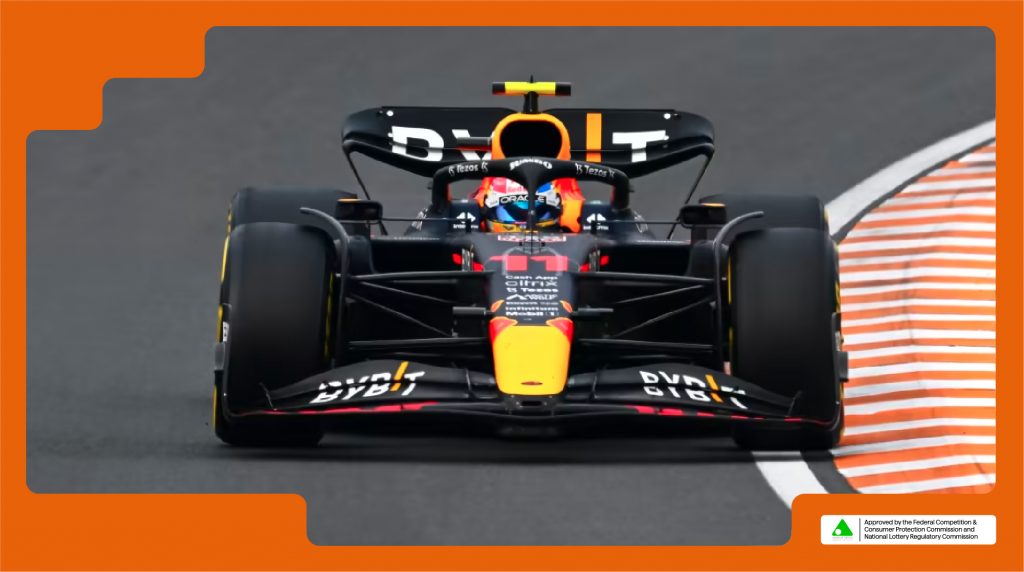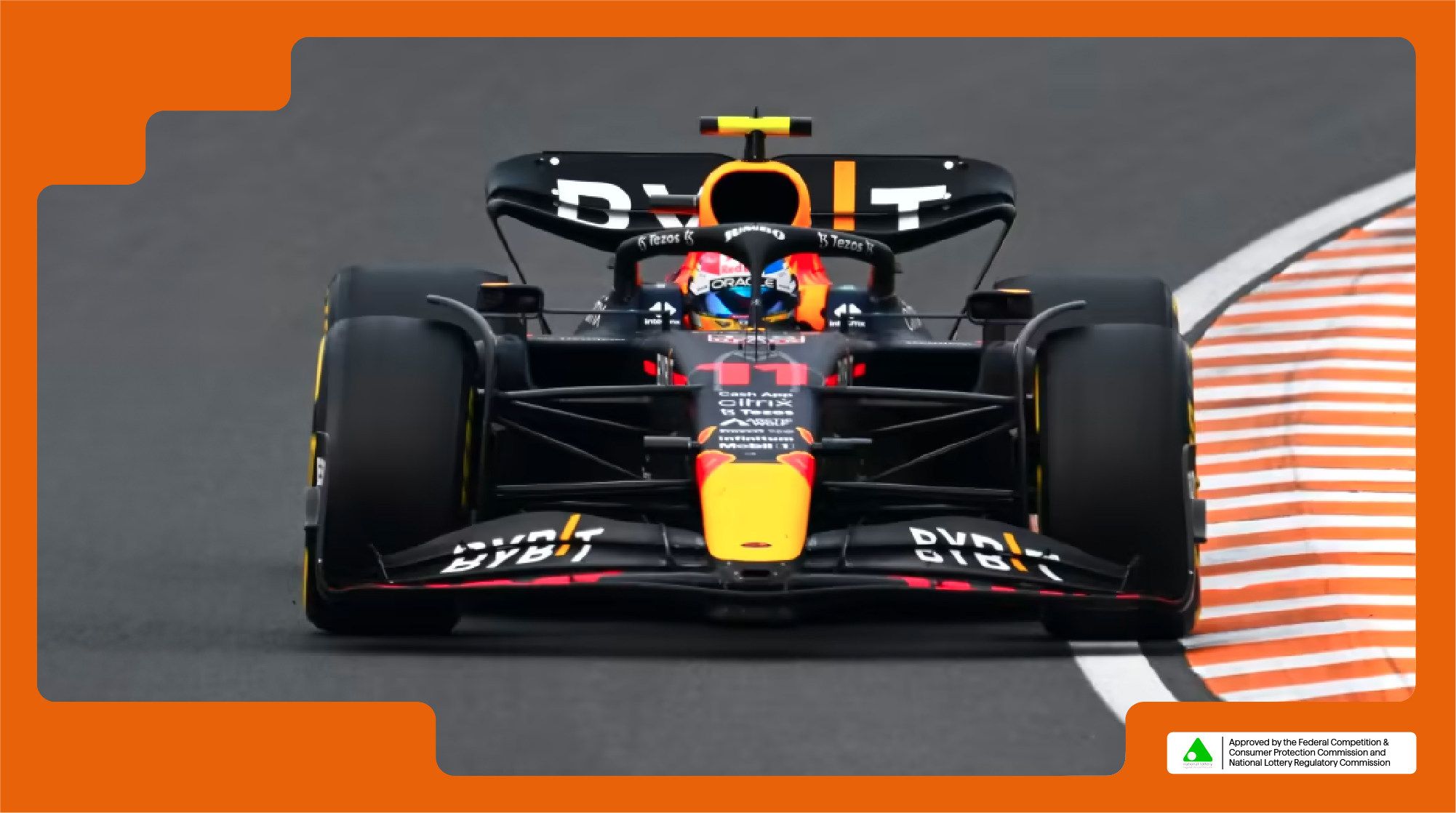

Introduction:
The city of Amsterdam, known for its picturesque canals, vibrant culture, and progressive mindset, might not be the first place that comes to mind when one thinks of Formula 1 racing. However, this beautiful Dutch city has played a significant role in the history of the sport, hosting multiple Grands Prix and contributing to the development of Formula 1 as we know it today. In this post, we will delve into the fascinating history of Amsterdam and its relationship with Formula 1.
Early Motorsport Heritage:
Amsterdam’s connection to motorsport dates back to the early 20th century when the city became a hub for automotive innovation. The Netherlands embraced the emerging automobile culture, with enthusiasts organizing various racing events and rallies. In 1939, Amsterdam hosted its first Grand Prix on a temporary circuit at the Sloten district, attracting racing enthusiasts from across Europe.
Zandvoort Circuit: The Dutch Home of Formula 1:
The pivotal moment in Amsterdam’s relationship with Formula 1 came with the establishment of the Circuit Park Zandvoort, located just outside the city, in the coastal town of Zandvoort. In 1948, the circuit was built on the grounds of a former airfield and quickly gained popularity for its challenging layout and picturesque seaside setting. The Zandvoort Circuit hosted its first official Formula 1 race, the Dutch Grand Prix, in 1952.
The Golden Era:
The 1960s and 1970s marked the golden era of Formula 1 racing in Zandvoort. Legendary drivers such as Jim Clark, Jackie Stewart, and Niki Lauda competed on the circuit, captivating audiences with their exceptional skills. Zandvoort became renowned for its fast, demanding track and unpredictable weather conditions, making races thrilling and unforgettable. The Dutch Grand Prix became a staple event in the Formula 1 calendar during this period.
The Changing Landscape:
As the years went by, Formula 1 underwent significant transformations, both in terms of technology and race track safety. The Zandvoort Circuit, while cherished for its historic significance and challenging nature, struggled to keep up with the evolving demands of modern Formula 1 racing. As a result, the Dutch Grand Prix was absent from the Formula 1 calendar for many years, with the last race taking place in 1985.
Return of the Dutch Grand Prix:
After a long hiatus, Amsterdam and Formula 1 enthusiasts received fantastic news in 2019 when it was announced that the Dutch Grand Prix would return to the calendar for the 2020 season. The Circuit Park Zandvoort underwent extensive renovations and modernizations to meet the stringent safety requirements of Formula 1. However, due to the global pandemic, the race was postponed to 2021.
Present and Future:
The rescheduled Dutch Grand Prix took place in September 2021, marking the return of Formula 1 to Amsterdam after a 36-year absence. The event was a resounding success, with Max Verstappen, the Dutch racing prodigy, securing victory in front of an enthusiastic home crowd. The race showcased Amsterdam’s ability to combine its rich cultural heritage with a modern, sustainable approach to hosting major sporting events.
Looking ahead, the Dutch Grand Prix is set to become a permanent fixture in the Formula 1 calendar, promising an exciting future for Amsterdam and the world of motorsport. The renewed interest in Formula 1 in the Netherlands has also led to increased investment in driver development programs and infrastructure, ensuring a steady stream of talented Dutch drivers in the coming years.
Conclusion:
Amsterdam’s history with Formula 1 is a captivating tale that highlights the city’s passion for speed, innovation, and embracing new challenges. From its early motorsport heritage to the iconic Zandvoort Circuit and the recent return of the Dutch Grand Prix, Amsterdam has left an indelible mark on the sport.
Win a free all expenses paid trip to the 2023 Dutch F1 Grand Prix. All you have to do is trade or lock $10,000 from now till July 1st. Read more information about it here.




